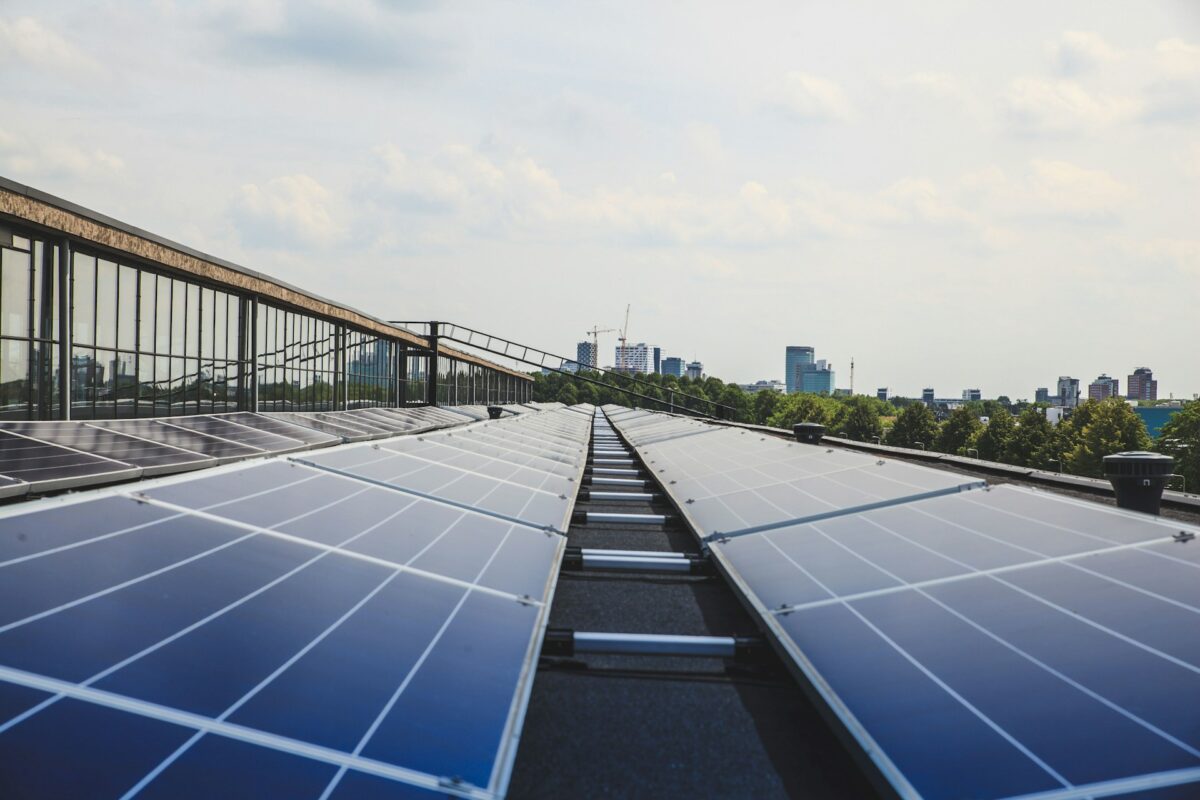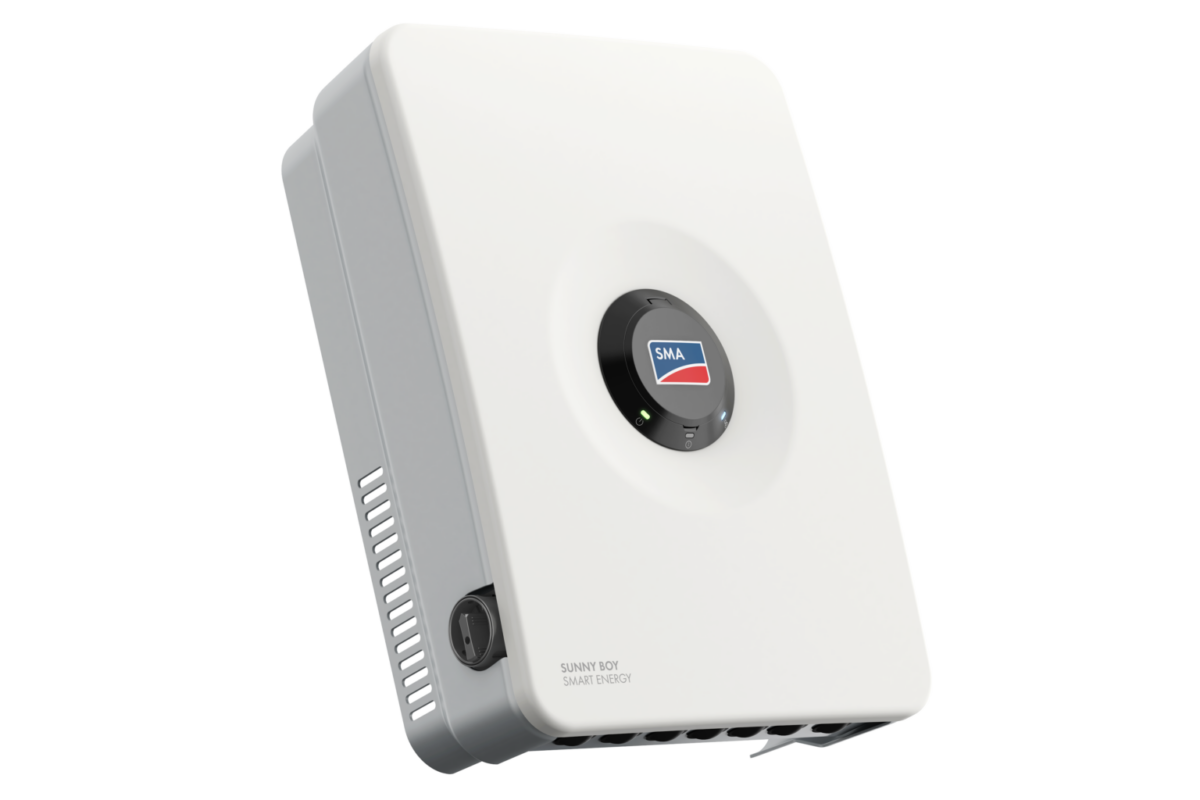The government of Ireland has announced the second phase of its SRESS. The latest phase is aimed at community and local projects, or renewable energy communities (REC). It also targets small- and medium-sized enterprises (SME) that produce their own solar or wind power, in addition to export-only projects below 1 MW.
The scheme offers a guaranteed feed-in-premium tariff without an auction. Government guidance says successful applicants will receive a premium on the market revenues they receive for their renewable electricity.
Tariff rates for RECs have been set at €150 ($162.70)/MWh for solar projects below 1 MW and €140/MWh for projects between 1 MW and 6 MW. For SMEs, the tariff rates are €130/MWh for solar projects under 1 MW or under and €120/MWh for projects between 1 MW and 6 MW. The scheme has set cheaper tariffs for wind projects.
According to government guidance, the tariff is higher for RECs due to the additional barriers such projects face when establishing planning, grid connection and financing, as well as being a reflection of public policy preference for community involvement in renewable energy projects.
The Irish Solar Energy Association has welcomed the latest phase of the scheme, saying that it “represents a significant opportunity for communities, local businesses and SMEs to drive Ireland’s transition toward renewable energy.”
Conall Bolger, the association’s CEO, also urged stakeholders to prioritize grid connection enhancements to ensure the seamless integration of small-scale generators into our electricity system.
“Grid connections are the lifeblood of renewable energy projects,” he said. “Without prompt and affordable access to our national energy grid, the potential of schemes like SRESS remains untapped.”
The first phase of Ireland’s SRESS opened in 2023 and was aimed at self-consumers above 50 kW and up to 1 MW. A third phase, expected to support all applicant categories, is currently scheduled for 2026.
The Irish government has set a target for 80% of its energy market to come from renewables by 2030.
This content is protected by copyright and may not be reused. If you want to cooperate with us and would like to reuse some of our content, please contact: editors@pv-magazine.com.




By submitting this form you agree to pv magazine using your data for the purposes of publishing your comment.
Your personal data will only be disclosed or otherwise transmitted to third parties for the purposes of spam filtering or if this is necessary for technical maintenance of the website. Any other transfer to third parties will not take place unless this is justified on the basis of applicable data protection regulations or if pv magazine is legally obliged to do so.
You may revoke this consent at any time with effect for the future, in which case your personal data will be deleted immediately. Otherwise, your data will be deleted if pv magazine has processed your request or the purpose of data storage is fulfilled.
Further information on data privacy can be found in our Data Protection Policy.